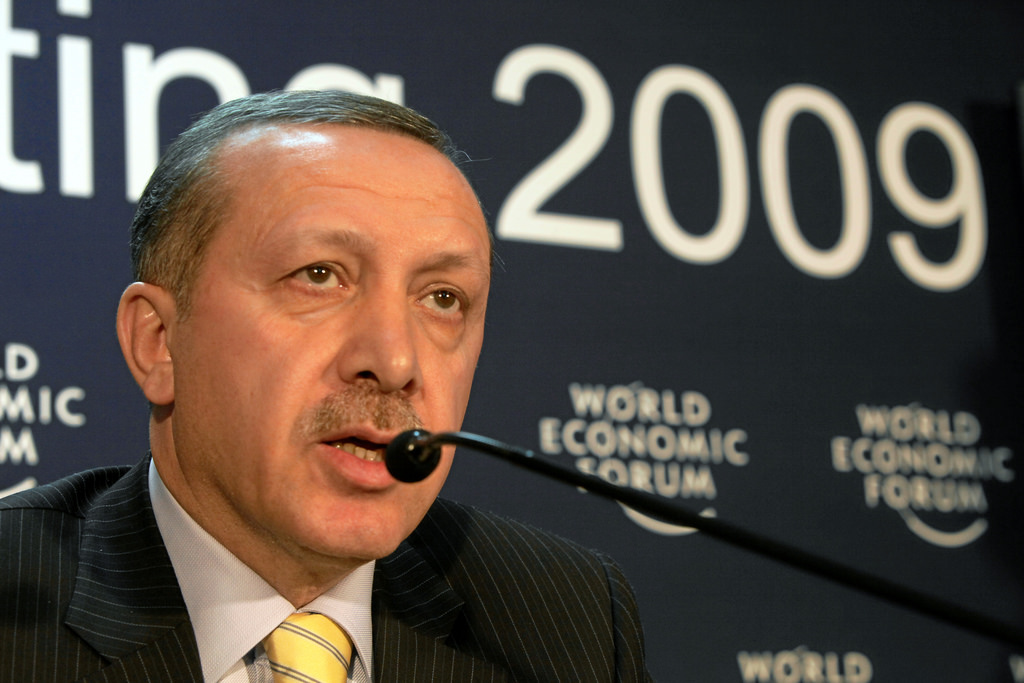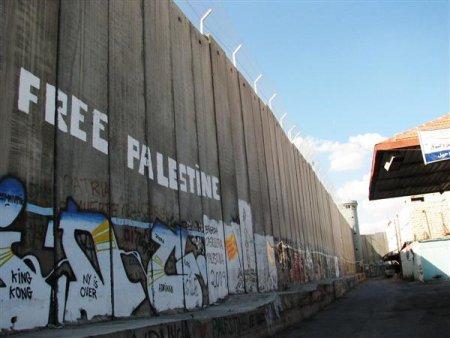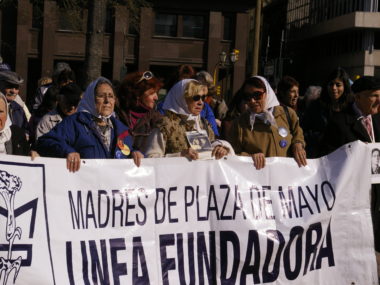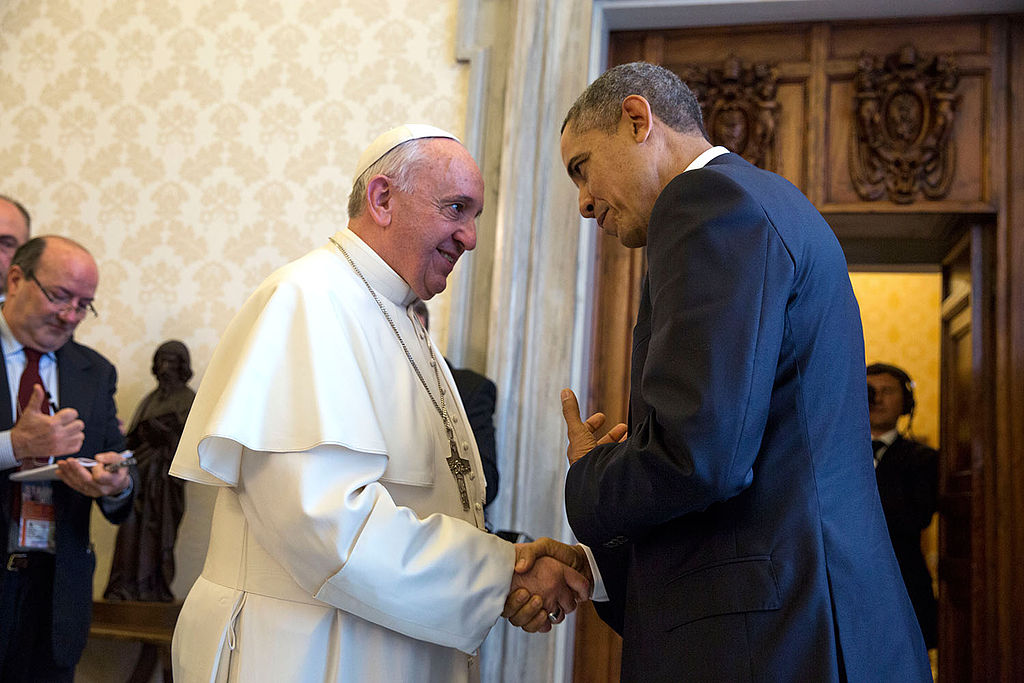Guest post by Christopher Gandrud.
A surprising burst of violence broke out late last April in the Turkish National Assembly when legislators viciously attacked each other. This type of incident is shocking as it contradicts the peaceful norms and aims we generally associate with democratic institutions. However, parliamentary brawls are not infrequent. A few months before the Turkish fight, a major altercation happened in the Ukrainian parliament after an MP physically removed the Prime Minister from the podium. Only a few weeks after the Turkish brawl, a violent scuffle occurred in the South African National Assembly. Even in Canada, a short burst of violence occurred in the Commons chamber earlier this month.
In research recently published in the Journal of Peace Research, I recorded 131 incidents of violence in national legislatures between 1981 and 2012 in over 30 countries. These altercations may initially seem like the result of ‘hot tempers’ or violent personalities. While personal tempers may play a role in specific incidents (as seems to be the case in the recent Canadian incident), I find that certain conditions make legislative violence more likely.
We tend to see more legislative violence in parliaments where legislators find it difficult to make credible commitments to follow peaceful legislative bargains. Just like in international conflict, when one side doesn’t believe that the other side will uphold their peacefully bargained commitments, MPs may choose violence as a last-ditch effort to achieve their goals.
There are many reasons why legislators may think that their opponents will not stick to their peaceful commitments. One condition is a disproportionate electoral system (i.e. when some parties receive a much larger proportion of legislative seats than their vote shares), while others receive much less. These situations create opportunities for large power shifts as simple electoral rule changes to improve proportionality will greatly benefit one side and hurt the other. Those hurt by unfair rules have strong incentives to change them. On the other hand, beneficiaries of status quo rules have strong incentives to prevent these changes. They might use violence to protect the status quo.
More generally, credible commitment problems tend to be prevalent in new democracies. In new democracies, legislators have less information about whether or not their opponents are likely to follow rules to peacefully share and alternate power instead of permanently seizing it for themselves. Przeworski noted that a fundamental belief needed by those in a democracy is that “pretenders to office can expect to reach it, losers can expect to come back” (1991: 36). If legislators do not have these expectations, then they lack incentives to follow peaceful rules. In new democracies, rules may not be fully institutionalized and are instead just being set out. This creates more opportunities for one side to seize power by tilting the rules in their favor. Finally, in new democracies party systems tend to be in flux, which may undermine the proportionality of electoral outcomes.
The recent Turkish brawl is an interesting case for examining how legislative credible commitments can break down and lead to subsequent violence. It takes place within the context, like South Africa, of a relatively new democracy where a single party is increasingly consolidating its control of the legislative institutions at the exclusion of other parties. Turkish President Recep Tayyip Erdoğan’s ruling Justice and Development Party (known by the Turkish language acronym AKP) has increasingly moved to limit freedom of speech and the press and there are concerns about growing authoritarianism.
The parliamentary brawl specifically occurred during the debate of a proposal by the AKP to end parliamentary immunity. This legislative change would have directly reduced the legislative power of the People’s Democratic Party (HDP) as a number of its MPs would have been arrested for “openly instigating people to hatred and hostility” and “being a member of an armed terrorist organization” as they had made statements in support of the PKK (Kurdish Workers’ Party) Kurdish separatist organization.
With about 10 percent of the legislative seats, the HDP is the only sitting party that primarily represents Kurdish and other ethnic minority groups. In this context, the parliamentary immunity law likely functioned as an important component of the peaceful bargaining process in the Turkish parliament. It possibly helped assure HDP members that majority Turkish ruling parties would allow them to maintain representation in the National Assembly for minority ethnic groups. Without immunity for having made supportive statements of the PKK – which many HDP members have done – it becomes much more difficult for these legislators to believe that the ruling party will uphold their commitments. These are ripe conditions for the type of legislative violence we saw in April.
As bizarre as a fight between legislators in suits looks, the Turkish incident is not simply a case of individual MPs’ ‘hot tempers’ getting the better of them. Instead, it is an indicator of a troubling breakdown of the norms that underlie the peaceful democratic process in Turkey.
Christopher Gandrud is a Lecturer at City University London and a post-doctoral fellow at the Hertie School of Governance.







